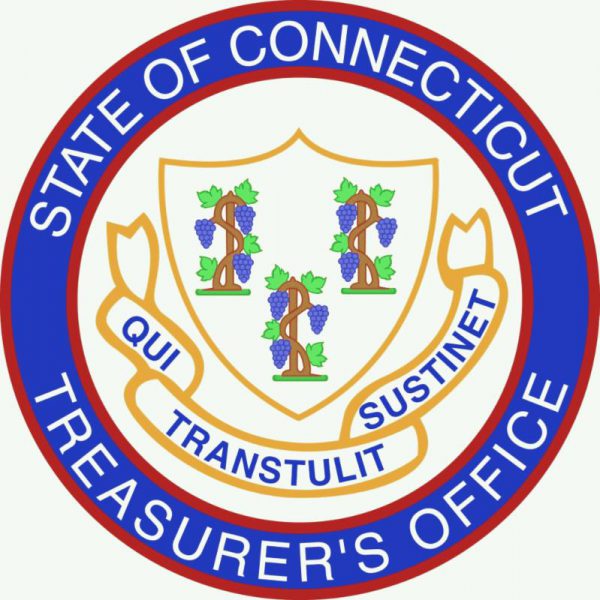Municipal Finance to be Focus of Conference, State Leaders
/State aid to municipalities will be the focus of attention Wednesday at the State Treasury’s Public Finance Outlook Conference, when Office of Policy and Management Secretary Ben Barnes is joined on a panel by House Minority Leader Themis Klarides and House Speaker Joe Aresimowicz before an audience of finance officials and municipal leaders from communities across the state.
Proposed reductions and revisions to municipal aid, a by-product of the state’s anticipated deficit, have been the source of much conversation and contention in recent weeks, with leaders of the state’s cities and towns raising concerns about plans that would have them pay more for resident state troopers, teacher retirements, K-12 education and other programs.
The Connecticut Conference of Municipalities (CCM) recently pointed out that while the state economy grew by 17 percent between 2006 and 2015, state expenditures grew by 48.9 percent during the same period. The organization also reported that excluding K-12 education, local general government expenditures in Connecticut rank 50th out of all states and the District of Columbia as a percentage of the U.S. Treasury’s measure of total taxable resources.
In a report recommending changes in the state’s fiscal relationship with cities and towns, CCM observed that “for over a decade prior to the Great Recession, governments in the state benefited from a strong economy and stable revenue. But this stability depended on reliable, adequate state aid and the local property tax. The lack of diversity in revenue sources and uncertainty at the state level are now eroding the capacity of local governments to meet their obligations to the public.”
State Rep. J.P. Sredzinski (R-112) wrote last month that “Monroe ranks among the top ten ‘biggest losers’ in terms of how much municipal aid was cut compared to their town budgets. For Monroe, the costs that the governor’s budget proposal will shift onto taxpayers clock in at a whopping $6.5 million for this year alone – nearly 10% of our revenue. This unprecedented transfer of costs is neither predictable, nor sustainable.”
The day-long conference on March 29 will also include a panel discussion with the U.S. Head of Government Regulations and Regulatory Policy, Bret Hester, and a review of methods to protect municipal governments from cyber hacking and theft, featuring David Geick, Director, IT Security Services, Bureau of Enterprise Systems and Technology, State Department of Administrative Services; Christopher Hauser, 2nd Vice President, Cyber Risk, The Travelers Companies, Inc.; Jack McCoy, Chief Information Officer, Town of Manchester.
An economic update, highlighting current and anticipated trends, will be provided by the state Department of Labor’s Patrick Flaherty, Assistant Director of Research and Information, and the Treasury’s Short-Term Investment fund and Municipal Employees Retirement Fund will provide updates.
The Treasurer’s Short-Term Investment Fund (STIF) is a Standard & Poor’s AAAm rated investment pool of “high-quality, short term money market instruments,” the Treasury website explains. STIF serves as an investment vehicle for the operating cash of the State Treasury, state agencies and authorities, municipalities, and other political subdivisions of the State. As of June 30, 2015, the fund administered 939 active accounts for 67 state agencies and authorities and 222 municipalities and local entities in Connecticut.
The conference will be held at Rentschler Field in East Hartford.






























